
One of the most overlooked aspects of adventurers’ stories is their growing fame. Tales are bound to sprout up about the characters’ exploits as their reputation grows. The minstrel telling stories at the inn is a staple of fantasy literature and many a published adventure.
Tales of treasure buried by famous crews are often told in taverns across the Aetherial Expanse. A pirate captain’s frightful reputation might allow them to take a prized galley without firing a single shot. Great stories and renown can be used like currency on the Aetherial Sea, attracting crew members to your cause, creating havens for safe harbor, and getting you introduced to other famous sailors.
Shrewd adventurers realize that fame is a valuable resource worth cultivating and would be wise not to neglect it.
Design Note
Fifth edition provides rules for gaining renown with an organization, growing in the eyes of patron, or even hirelings and followers, but nothing about how the general populace might see the characters in your campaign.
At the same time, I want to allow for characters to take a hand in spreading their own fame by telling tales. The idea is not only to change the level of hope or fear in a region, but also potentially benefit from one’s fame.
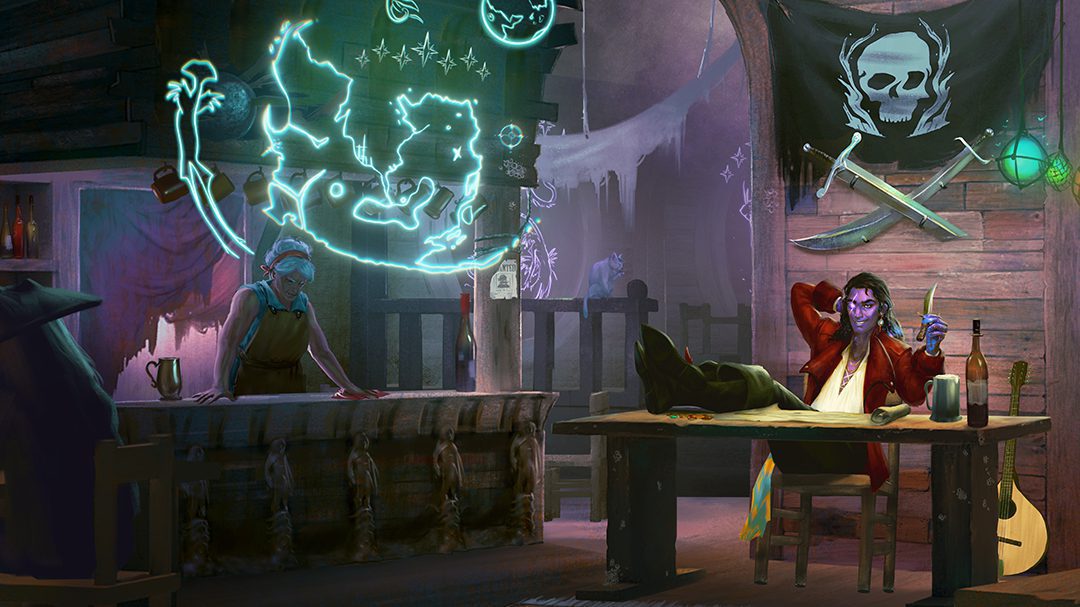
Spreading Your Story
A character that wishes to spread the story of the adventuring party must spend a week (7 days) partaking in the Storytelling downtime activity.
This requires the character to travel the region, attracting audiences and telling tales of a true heroic deed that the party completed (lies are spread by the Sowing Rumors downtime activity in chapter 6 of the Dungeon Master’s Guide). At the end of the week, the character must succeed on a Charisma (Performance) check with DC equal to the party’s fame score. If the roll succeeds, their fame increases by 1. If they fail, there is no change.
| Rank | Fame’s Reach | Audience Threshold | Performance DC max | Sample Deed |
| 1 | Local | 50 | 10 | Ending the threat of a large bandit gang or infamous pirate crew, clearing out a dungeon. |
| 2 | Regional | 500 | 15 | Repelling an invading army, winning a great fleet battle, defeating a rampaging dragon. |
| 3 | Global | 5,000 | 20 | Stopping a lich lord and his undead horde, recovering a famous buried treasure. |
| 4 | Planar | 50,000 | 25 | Stopping a planar invasion, becoming the chosen emissary of a deity. |
Use the following rules when calculating the party’s fame:
- Start from the Bottom. The party’s fame starts at 5 and increases by 1 each time the downtime activity is successfully completed. The party’s fame does not begin at 0 because they are adventurers after all and stand out at least among their home village or family.
- Fame is Fickle. In order to attempt a new roll, the party must have completed a new heroic deed of importance appropriate to their current rank. Defeating a goblin isn’t going to add to the fame of a party known across the planes.
- What Have You Done Lately? The party’s fame decreases by 1 every month but cannot drop lower than the Performance DC maximum of the rank below the highest rank they have achieved. For example, the crew of the Red Blade complete twelve quests, raising their fame to 17, before they decide to retire as regionally known heroes. There are enough stories and songs about their deeds that their fame cannot drop below 10.
- Playing to a Small Crowd. If during the course of a week, the character does not spread their tale to a number of people equal to the Audience Threshold, the Charisma (Performance) check is made with disadvantage.
- Epic Deeds. If the characters complete a deed appropriate to a higher rank than they have currently achieved, the Charisma (Performance) check is made with advantage. If the deed is appropriate to a lower rank, no roll may be attempted at all.
Benefits of Fame
Each time the party’s fame score increases to a level never before achieved, they earn a benefit. No benefits are gained for regaining fame that was previously lost. For example, should the crew of the Red Blade come out of retirement after letting their fame drop from 17 to 10, they do not gain additional benefits until they raise their fame up to 18.
When the party gains a new benefit, the GM should roll randomly on the chart below or choose an appropriate benefit.
Benefits are earned as an adventuring party. Some benefits like gifts might be most beneficial to a particular member. In such a case, the party should decide who carries or is using the benefit. Some benefits are based on the rank of the party’s fame at the time and only improve if rolled again, or they say otherwise.
Design Note
The gifts of fame are not easily controlled, so unless a benefit seems especially appropriate for your campaign, it’s not a bad idea to determine the benefit randomly. The characters do not have control over what benefit they earn. If a benefit that is randomly determined is inappropriate, simply roll again or adjust it as needed.
The approximate value of the gift is suggested based on the rank of fame the party has achieved but can always be changed if it suits the story. Either way, the GM should work the benefit into the story of their campaign.
Whatever gift is bestowed on the party, it should have the potential to lead to future adventure. The characters are not just given a jeweled sword, they are passed the ancestral saber of fallen admiral from the Karelagne Empire whose heirs want it back. The party are not just given a ship, but are entrusted with a named vessel to explore a new region of the Aetherial Sea.
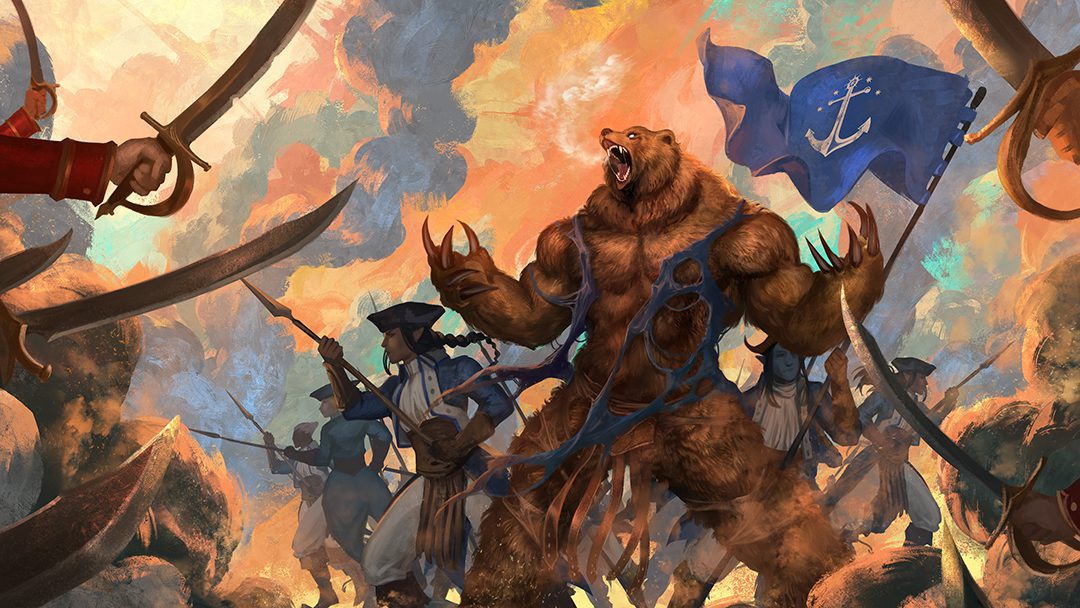
Disadvantages of Fame
The party’s growing fame comes with plenty of disadvantages. The GM can use any of the following ideas to spice up the campaign, highlight the disadvantages of fame, or spawn new adventurers when the characters become complacent.
Crowds
The party is well-known and frequently draws crowds that gather within hours to minutes of their arrival in a public place. Crowds attract attention making it impossible to remain unobserved and are difficult to move through quickly (potentially rising to the level of difficult terrain).
In Search of Help
Common folk who have heard the tales expect the characters to be the selfless heroes the bards sing of. Those in need start showing up wherever the party is living seeking help finding lost dogs, bringing together star-crossed lovers, feeding the poor, or even overthrowing an unpopular king… who just might be one of the party’s sponsors.
If the party doesn’t help, the fan feels wronged and might become an enemy of the party, or more likely starts spreading unpleasant tales about the party. Such bad press might eventually make it more difficult to raise the party’s fame (disadvantage on Performance checks due to hecklers in the crowd) or even result in a permanent deduction of their fame score.
Stalker
An NPC knows every story, song, and tale about the characters. They are the party’s “biggest fan,” and become convinced that they are friends, or would be if the party just got to know them. They bring small gifts and do deeds like running off cohorts and friends of the party that the biggest fan feels are a bad influence or not good enough. Their actions easily escalate from unpleasant to dangerous.
Swindlers
Con artists and swindlers assume that the characters are rich, whether the party has kept their coins or not. They try to sell overpriced or counterfeit goods to the party, seek loans they won’t pay back, or even fabricate “proof” of wrongdoing to blackmail the party.
Well Known
The tales of the characters are very detailed, such that everyone knows the adventurers’ biggest strengths, weaknesses, and usual tactics. The party’s enemies, even those they have never met, come prepared for conflict with the characters.
If the party has a number of heavily armored melee types, then pits, walls, and ranged attacks are prepared. If one of the party’s spellcasters has a particular holy symbol or arcane focus they use to cast spells, then steal it or target it for destruction in the opening salvo. If the party is famous for walking through the fires of a volcano because they have something that makes them immune to fire, the evil sorcerer comes with a wand of lightning bolts and leaves the fireball scroll at home.
Fame in Other World Settings
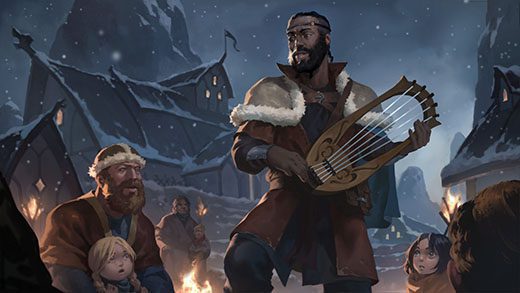
Famous treasure seekers and infamous scoundrels are common in the high sea adventures that unfold on the Aetherial Expanse. However, reputation can be just as valuable (and dangerous) in other world settings as well.
If your party gains fame for hunting monsters in the wilderness of Grim Hollow, they may gain benefits from local villagers. This could include a dusty spellbook written in the hand long deceased wizard which leads them to the wizard’s tower. The party could be gifted a castle by a regional noble in the northern Bürach Empire but are also expected to build up its defenses and defend the nearby villagers from Valikan raiders.

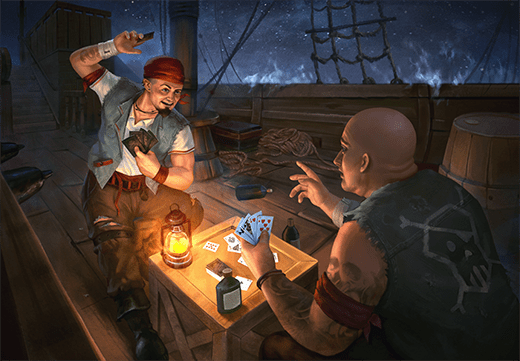
![Grim Hollow: The Player's Guide [PDF]](https://b2358178.smushcdn.com/2358178/wp-content/uploads/2021/02/Grim-Hollow-players-Guide-PDF-600x600.jpg?lossy=1&strip=1&webp=1)
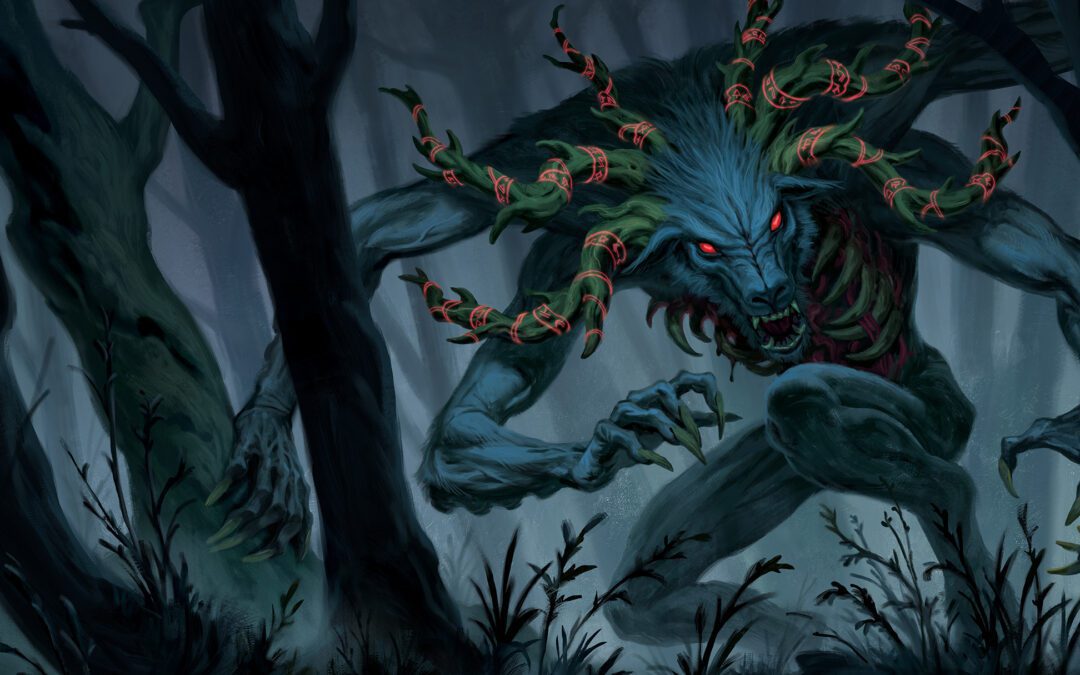
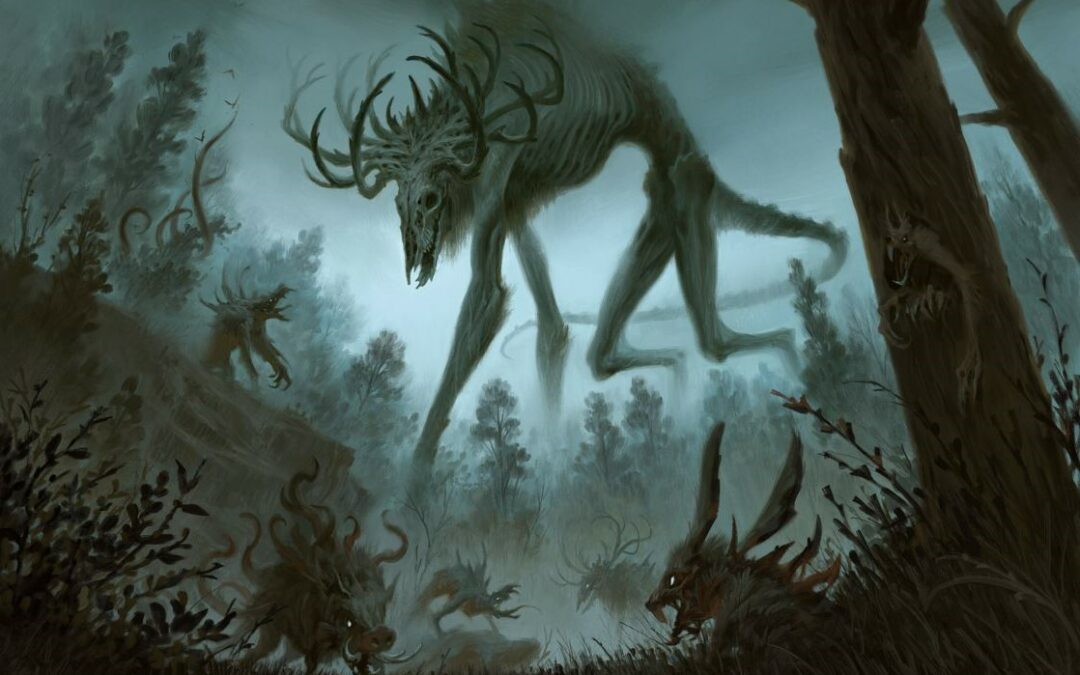
0 Comments